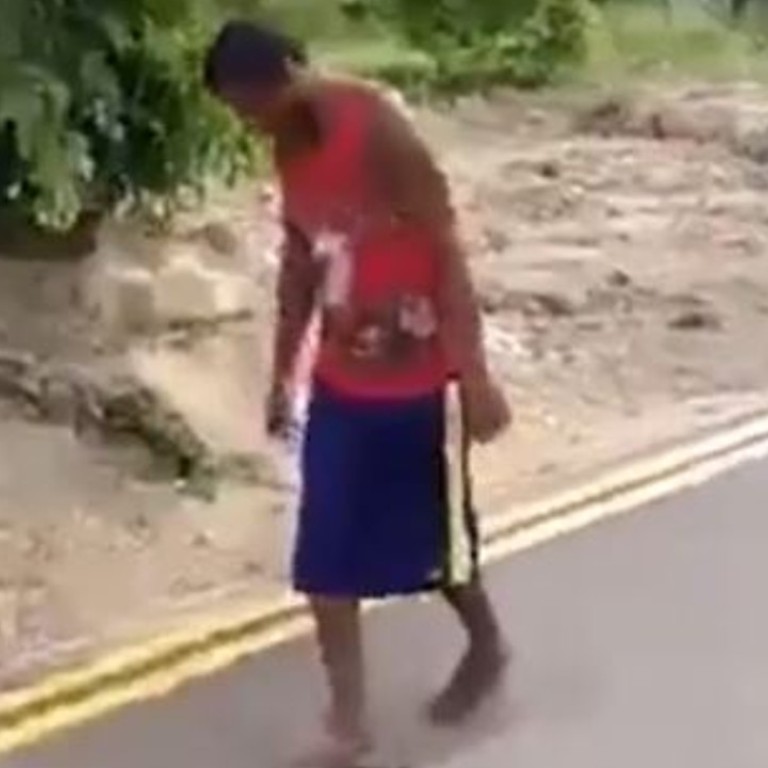
The dark side of paradise: how synthetic cannabis is turning Mauritius’ youths into zombies
- Users have been found wandering the streets in a stupefied trance after smoking drug that costs less than a dollar a dose
It is better known for its white sand, crystal clear waters and burgeoning financial sector.
But the tiny Indian Ocean nation of Mauritius has a dark side. It is facing an epidemic of synthetic marijuana use among its youth – some as young as eight.
“It cuts across all social classes, various drug groups and all regions,” said Lindsay Thomas, rector of the College du Saint Esprit, a private Catholic school and one of the most prestigious secondary schools on the island. “We have pupils here from difficult financial backgrounds but it’s not those taking the drugs here. In a little country like ours a problem like this resonates across the island.”
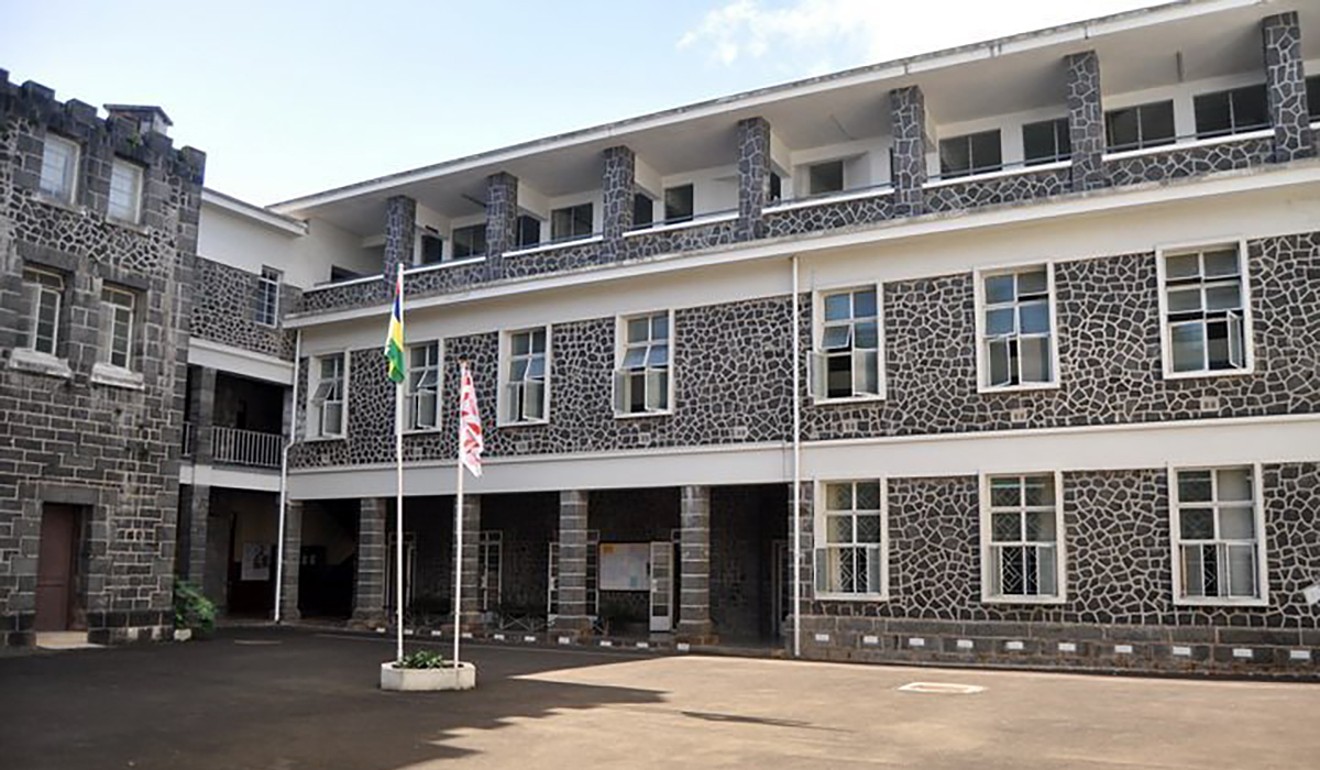
After one of his students was found in a zombie-like state wandering the streets naked, Thomas decided to go public on the matter in September.
“Drug taking used to be a problem confined to the ghettos of [the capital] Port Louis and it wasn’t widespread but suddenly it's our kids who are affected,” said Thomas’ assistant Marjorie Munien. “You would expect it in big countries and big cities, but we are shocked because we are not used to this kind of thing.”
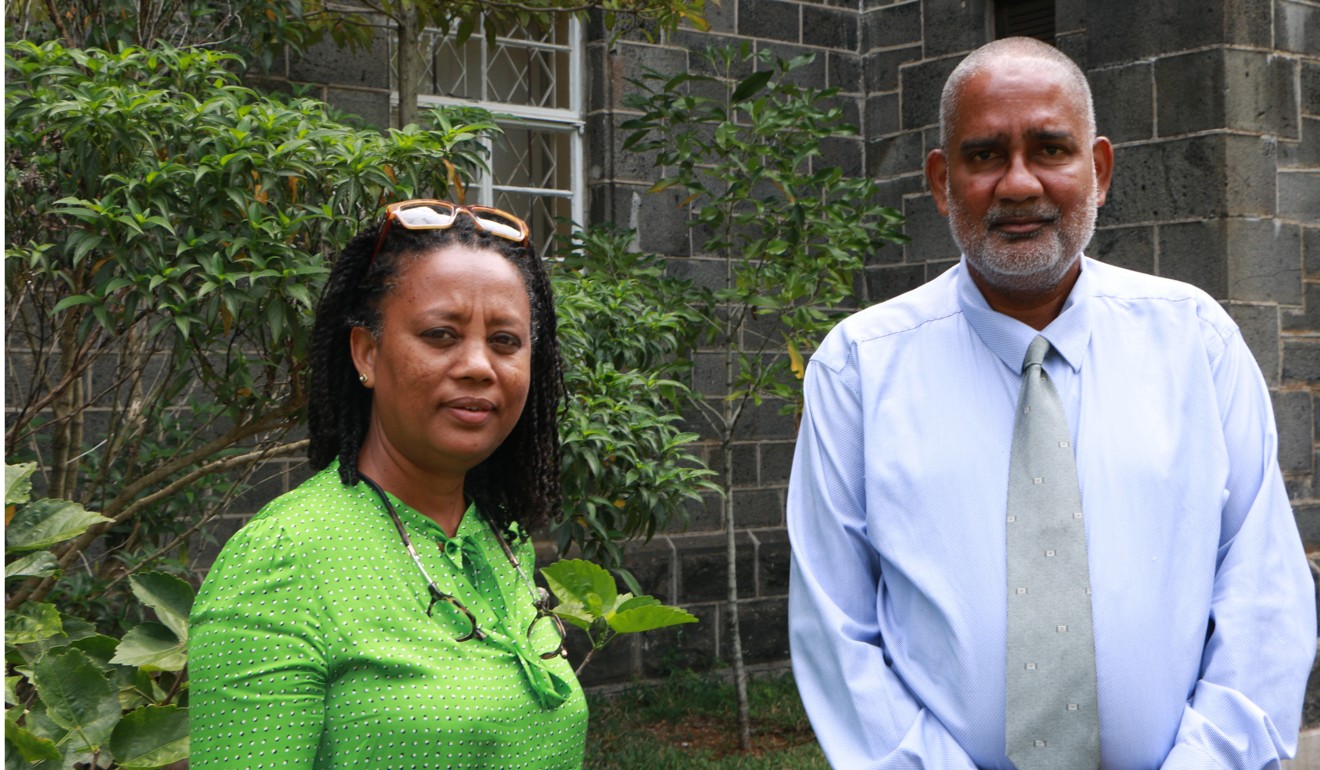
In recent years, the popularity of synthetic cannabis, sold for a little as 25 Mauritian rupees (less that US$1) a dose, has caused major concern on the island.
This is in a country that has the highest rate of heroin users in East Africa, some 0.9 per cent of the population, according to the UN.
Synthetic cannabis, often called Spice or Black Mamba, is a man-made mixture of hundreds of chemicals that affect the same brain cell receptors as the main chemicals in marijuana.
But the effects can be much stronger as manufacturers often tweak the chemical formula to sidestep laws, leaving users highly intoxicated.
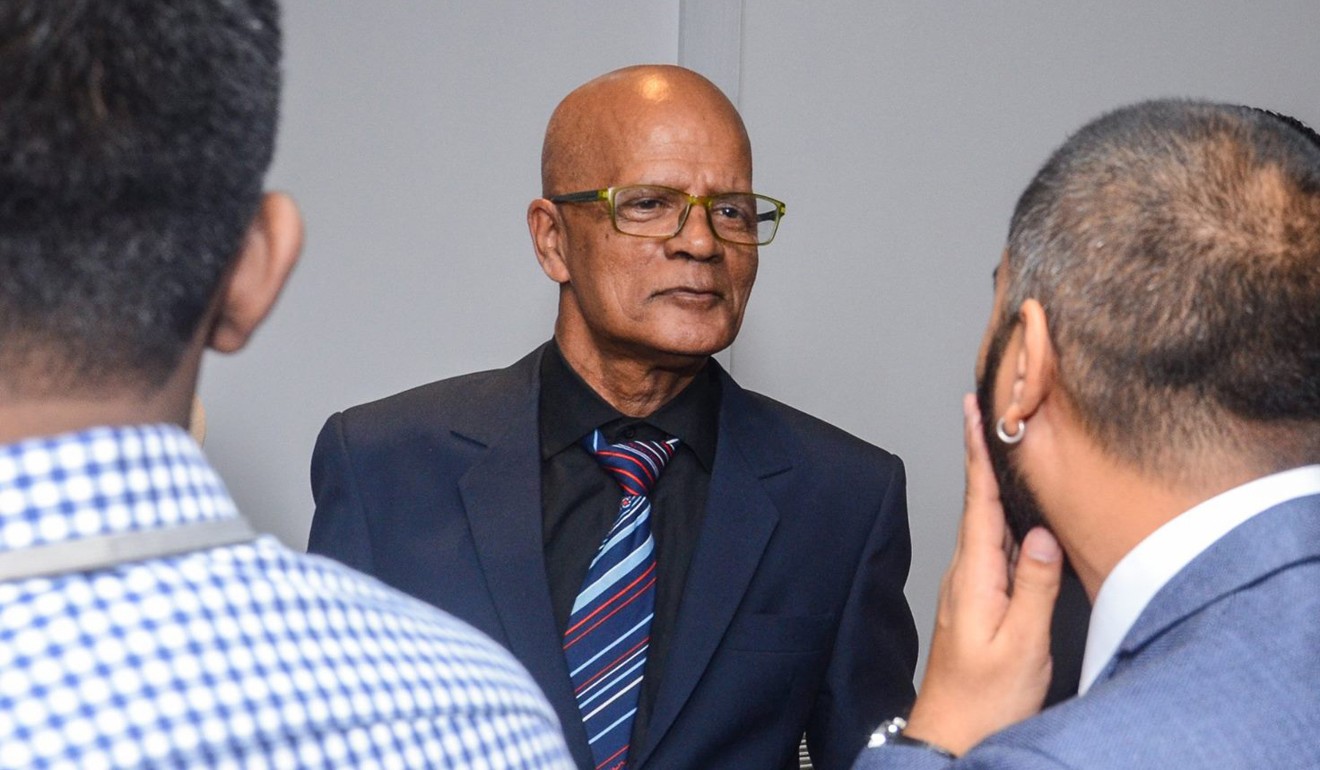
“I have seen children as young as eight years old who have taken the drug and children as young as 10 being admitted to hospital,” said Danny Philippe, of the charity Collectif Urgence Toxida. He is also a leading campaigner for the reform for Mauritius’ drug laws and help for users and victims.
Several videos have also surfaced on the internet showing young people in distressing states of intoxication.
He said around 30 different chemical products have entered Mauritius over the past five years – mainly from China.
Following a seizure of 2 billion rupees worth of heroin two years ago, the government appointed former Supreme Court judge Lam Shang Leen Paul to lead a Commission of Inquiry on Drug Trafficking.
The commission’s report, published in July found about 95 per cent of synthetic drugs sold currently on the Mauritian market are powdered synthetic cannabis imported from China. Local users in smoke them with tea leaves.
“This is an issue which is politically loaded because money from drug trafficking has to be laundered,” Thomas said.
In his inquiry, judge Lam Shang Leen accused former minister Roubina Jadoo-Jaunbocus, a lawyer, of meeting jailed drug traffickers who were not her clients.
She was also accused of money laundering and arranging a cash transfer to a drug trafficker.
Jadoo-Jaunbocus and deputy speaker in the National Assembly Sanjeev Teeluckdharry resigned after being implicated, although they have not been prosecuted.
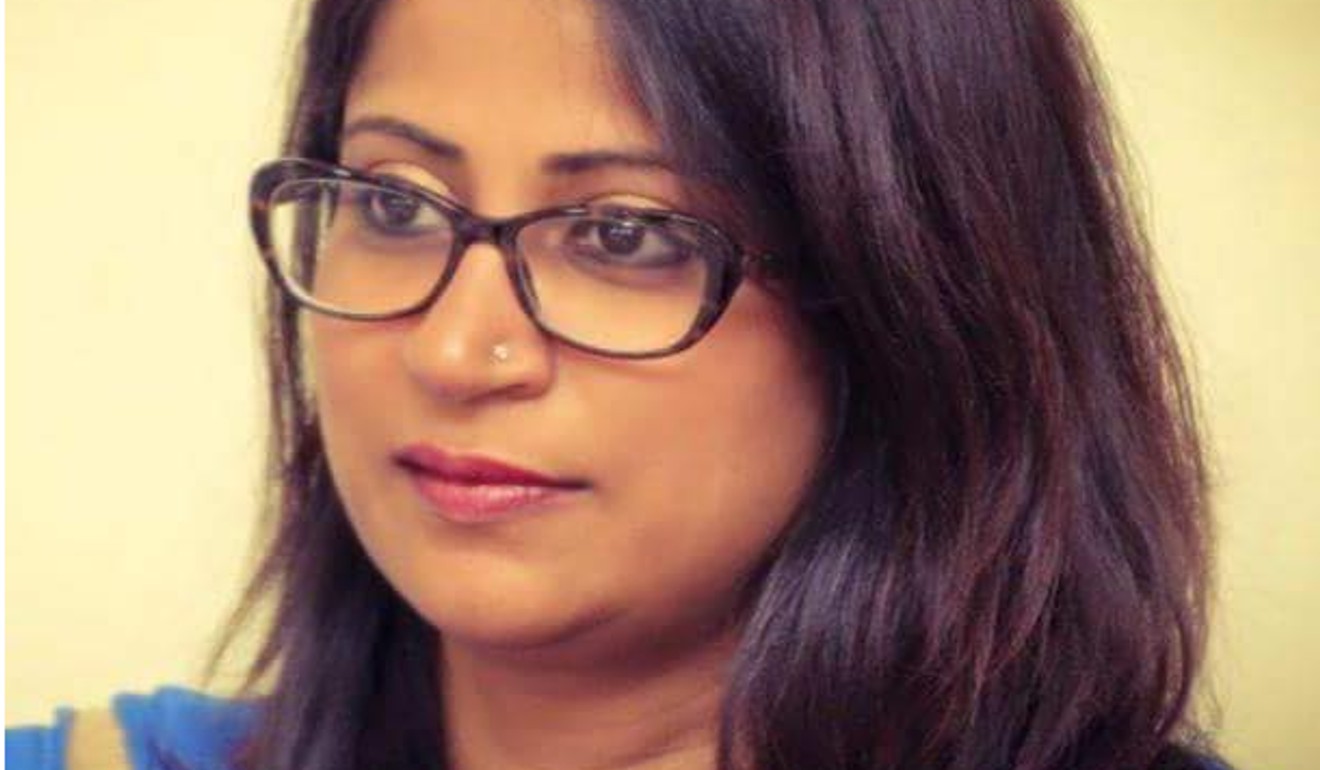
The government of Prime Minister Pravind Jugnauth said from January, 56 schools will be taught about the dangers of synthetic drug use.
Social workers say legalising marijuana will also help treatment as it is far less dangerous than the synthetic versions.
At the moment cannabis, which is clandestinely grown locally, costs around 12 times more than the chemical copies.

